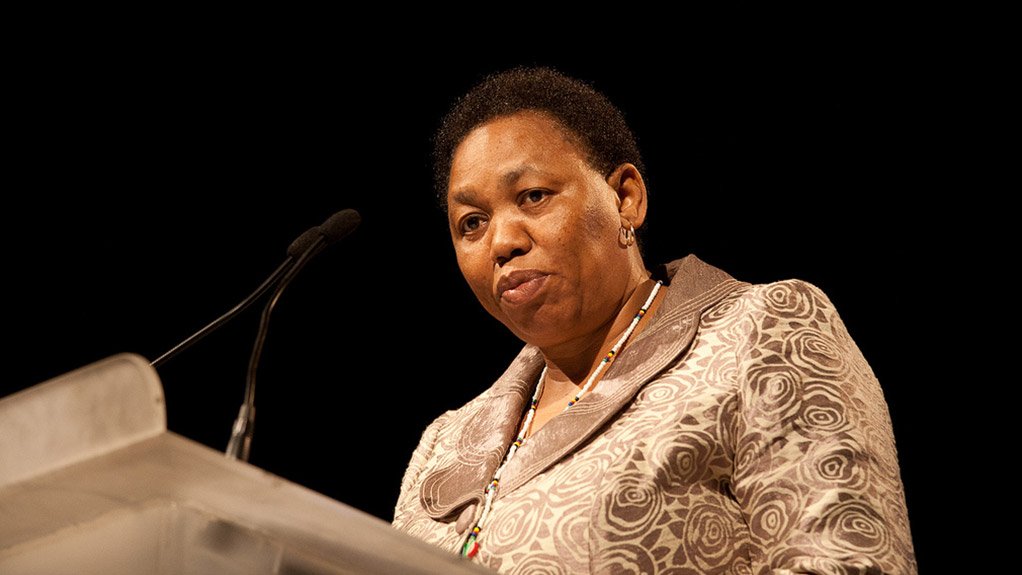Basic Education Minister Angie Motshekga says while a lot of progress has been made in improving the standard of education in the country, more needs to be done to take education to the next level.
“We have made progress towards universal coverage of school going children. We have made progress in the introduction of Early Childhood Development,” she said.
Motshekga was addressing teachers during the 8th National Congress of the South African Democratic Teachers Union (SADTU) held in Boksburg, Gauteng.
She said SADTU was a beacon of hope and commended it for its “bravery, tenacity and a firm resolve to put the interest of South Africa’s children first, for all of the past 24 years”.
She said there has been progress towards eliminating mud schools and inappropriate school structures, replacing them with state-of-the-art buildings, especially in historically neglected areas.
“Our anti-poverty strategies include the expansion of school nutrition programmes in both primary and secondary schools. We have recorded significant milestones towards free education through fee-exemption programmes,” the Minister said.
She commended the steady improvement in the Matric results.
“We yearn for quality education, for greater retention of learners within the system for at least 12 years. We must understand that quality education is foundational to any successful and modern economy,” she said.
She said the divided apartheid education system that discriminated against black people have been replaced with one system for all, regardless of race, with appropriate curricula and funding.
“Twice as many students attend university and graduate – three quarters are now African. We have added a year of schooling to prepare children (Grade R).
“The matric pass rate is up from a meagre 57% in 1994 to an average of 75% in 2013. At the heart of our progress over the years have always been committed teachers, the bulk of whom are SADTU Members,” the Minister added.
Early Childhood Development (ECD)
Motshekga revisited the National Development Plan (NDP), which says ECD is crucial for later cognitive capabilities.
“Delays in cognitive and overall development before schooling can often have long lasting and costly consequences for children, families and society. The most effective and cost-efficient time to intervene is before birth and the early years of life. Investment in Early Childhood Development should be a key priority,” she said quoting from the NDP.
She also announced that Cabinet has approved the South African Integrated Programme of Action, in which the Department of Social Development, Departments of Health, Basic Education and other stakeholders has developed.
“This process is now at an advanced stage,” Motshekga said.
Mass Literacy Campaign
“The Kha Ri Gude (KRG) Mass Literacy Campaign caters for adult literacy learners and has been very successful and the country is well on the way to achieving global literacy targets,” said Motshekga.
She added that 800 ECD volunteers have been training on 0-4 year stimulation.
“Certificates have been issued to blind and deaf volunteers that received the training, during the disability sector training session held from 4-6 July 2014. Registration of the 619 000 learners are currently in progress,” Motshekga said.
“Classes for the disabled learners commenced on 1 August 2014. Classes for the able-bodied group began on 1 September 2014,” Motshekga said.
EMAIL THIS ARTICLE SAVE THIS ARTICLE
To subscribe email subscriptions@creamermedia.co.za or click here
To advertise email advertising@creamermedia.co.za or click here











